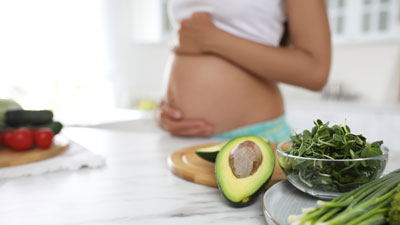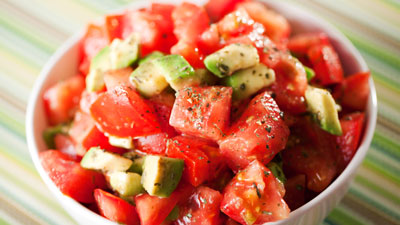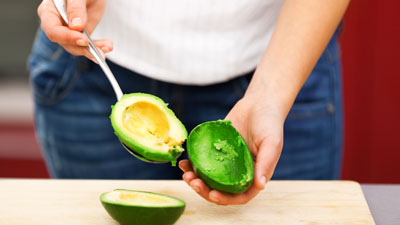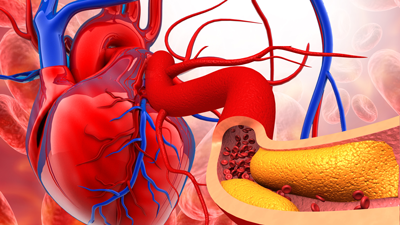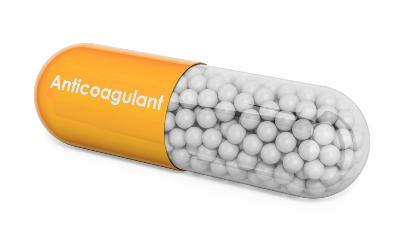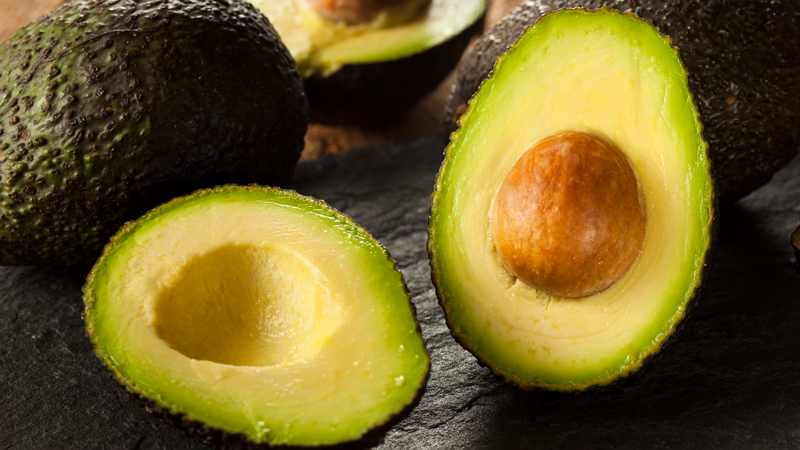
Who doesn’t like avocados? Whether you use them to make guacamole, avocado toast, or to simply add a creamy companion to your salads, avocados are a top favorite fruit for whole-food, plant-based eaters and omnivores alike.
There is a lot to love about avocados from a nutrition perspective. They are packed with essential nutrients like fiber, folate, vitamin K, and potassium. They’re also rich in phytonutrients like lutein and zeaxanthin, which are particularly important for our eyes, but also support our skin, heart, and intestines. And studies show that avocados can help stop the growth of cancer cells in our body.
There is a catch, though. Avocados are very high in fat content. Just one avocado (136 g) has 20 g of fat. So, if we’re watching our weight, it’s best to keep our avocado intake low, same as we do with other whole-plant fatty foods like nuts and seeds. Or you can just enjoy them as an occasional treat.
When eating avocados, it’s a good idea to pair them with foods rich in nutrients that need fat for absorption, such as beta-carotene (found in orange foods like carrots and sweet potatoes) or lycopene (found in red foods like tomatoes).
Check out our interactive page to learn more about how avocados can support your family’s well-being, and to learn some important tips and tricks to prepare them.
Avocado Nutrition Calculator
Use our personalized nutrition calculator to discover the percentage of daily nutrition needs you and your family can get from eating avocados.
Nutrition needs vary according to age, sex, and whether women of reproductive age are pregnant or breastfeeding. Fill out the form below for yourself and for your family members to get personalized results.*
* Calculated as a percentage of the Recommended Daily Allowances (RDAs) as established by the U.S. Department of Agriculture and the U.S. Department of Health and Human Services. Based on avocado nutritional information provided by the U.S. Department of Agriculture.
Tips to Select and Prepare Avocados
Organic or Not?
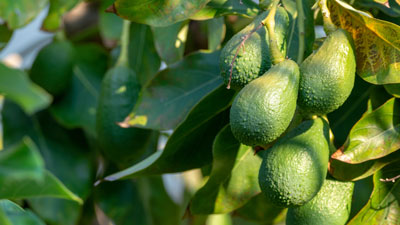
Good news! Avocados hold the third place on The Clean 15 list provided by the Environmental Working Group (EWG). This means that you can skip the more expensive organic avocados and stock up on non-organic, yet clean, avocados.
How to Select Avocados
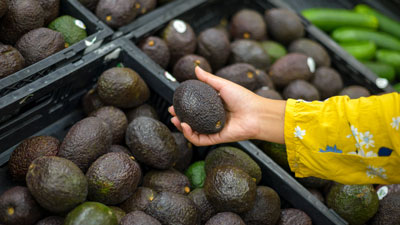
Commercial avocados are taken off the tree before they ripen. When buying avocados, keep in mind how soon you want to use them. If the skin is dark (Hass avocados) and it feels soft when you lightly squeeze it, it’s ready to be eaten. If the skin breaks with a light squeeze, then it’s overripe. And if the skin is still green and the fruit feels hard, it means it still needs a few days on the counter before you can enjoy it.
Trick to Preserve Opened Avocados
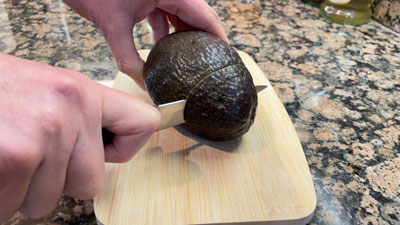
Typically, people cut their avocados horizontally. This is great if you plan on using the whole avocado at once. It is easy to pick out the seed and spoon out the flesh. However, if you’re just planning to eat a little at a time, you should cut it vertically. This way, most of the fruit stays protected between the skin and the pit. Store it in an air-tight container. You can also add a little lemon juice to the unprotected flesh to delay oxidation.
Easy Finger Food

Avocados make a fantastic solid food starting at 6 months. Babies usually love the creamy texture and mild flavor. They’re also packed with important early-development nutrients like vitamin B6, folate, and omega 3. Plus, it’s very easy to prepare them, simply mash them with a fork, cut in small pieces, or slice it. Pair the avocado with sweet potatoes or carrots to enhance your baby’s absorption of beta-carotene!
Make Your Own Guacamole
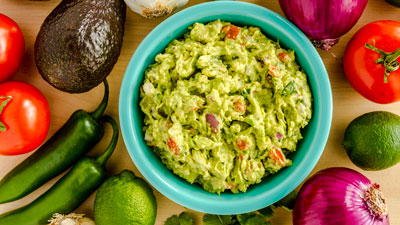
Follow our secret family recipe: Dice one onion and marinate it in 1/4 c lemon or lime juice. Dice 2 medium tomatoes and 1 serrano or jalapeño pepper (optional). Mash four avocados and immediately mix with the marinated onion. Mix in the tomatoes and hot pepper. Add salt, pepper and fresh cilantro to taste. Important tip: Do not ditch your avocado pits! Put them inside your guacamole to help it stay fresh.
Skip the Fatty Chips
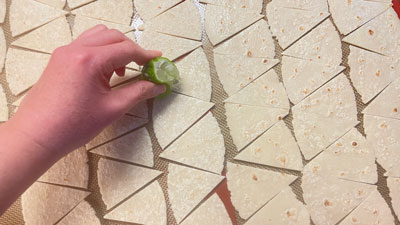
Ten commercial tortilla chips contain about 8 grams of fat. Bake your own oil-free tortilla chips instead! It’s easy. Buy corn tortillas and cut them in eights. Spread them on a baking tray lined with a silicon mat or parchment paper. Squeeze some lime or lemon juice on both sides, and add paprika or other seasonings to both sides. Bake at 250°F flipping them after about 15 minutes, and continue to bake until crisp. Enjoy!
Important Things to Know
Avocado vs Nuts
Both are nutritious and delicious fatty foods, therefore, we typically have to pick one or the other to not exceed our fat allotment per day. Our recommendation is to eat avocados from time to time, but to also include nuts and seeds in your weekly meal plans to keep it balanced.
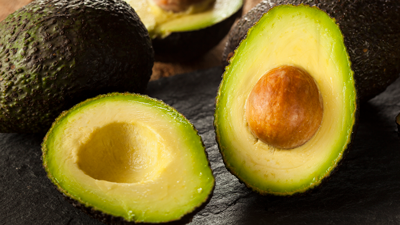
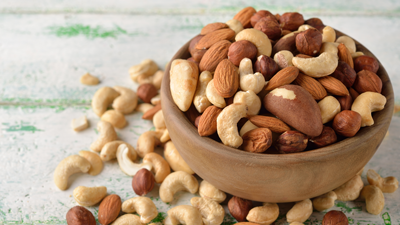
References



